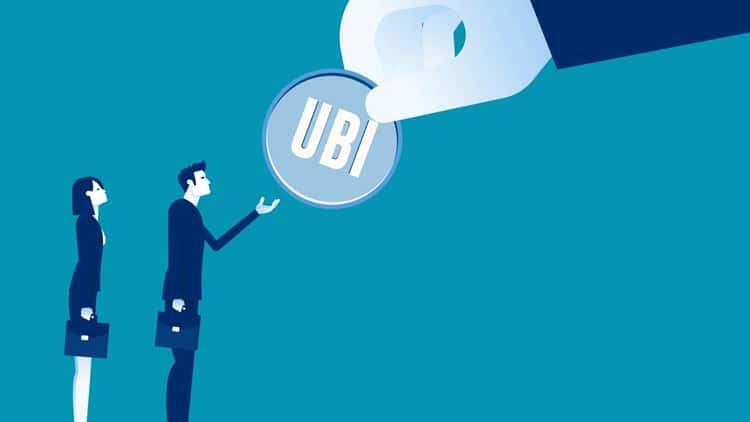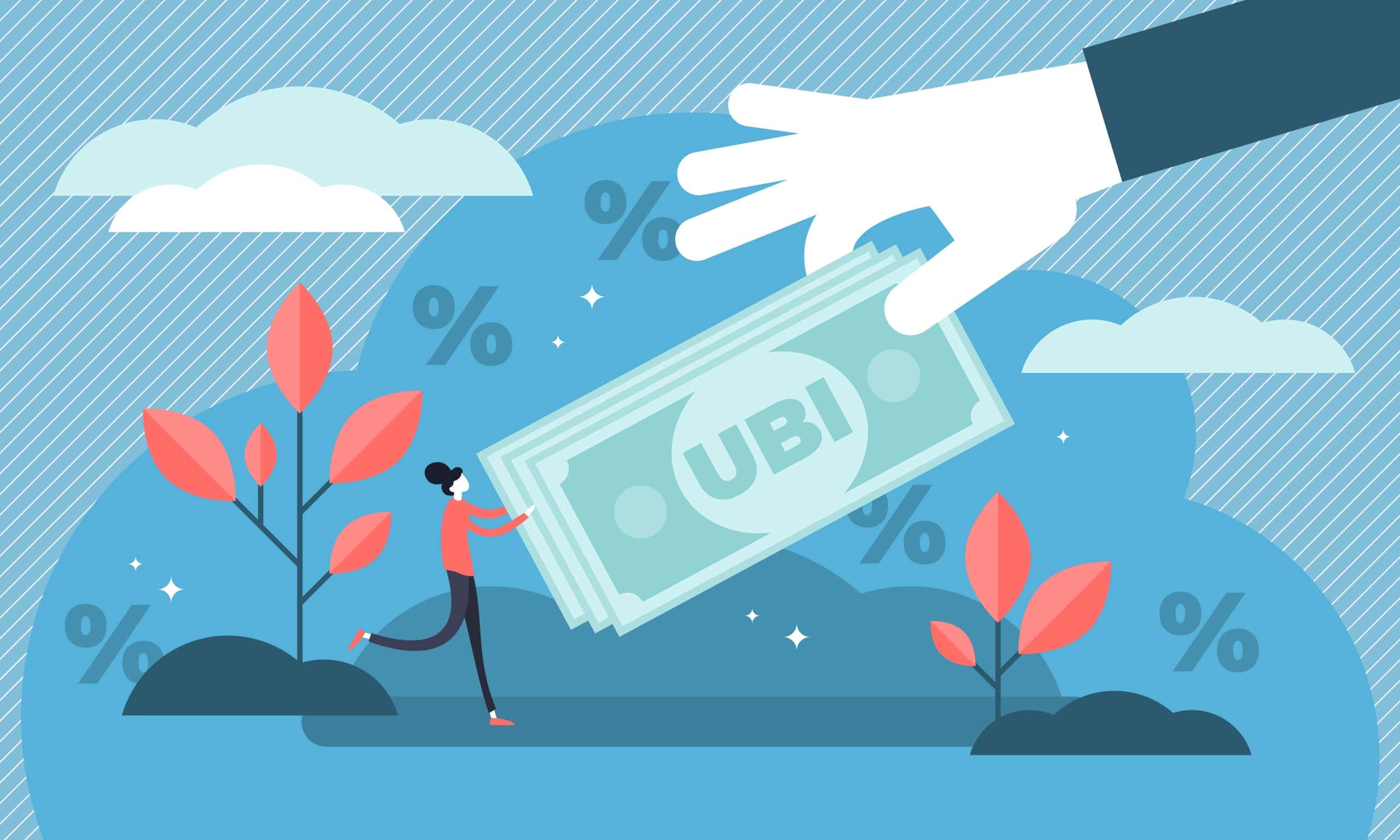Universal Basic Income (UBI), which involves providing recurring cash payments to all individuals regardless of their socioeconomic status, is seen by proponents as a way to alleviate poverty and safeguard against financial crises.

UBI programs have gained traction in the United States, with several cities implementing guaranteed income initiatives
However, recent evidence suggests that these programs may come with substantial costs but little overall benefit. Cities like Rochester, New York; Cambridge, Massachusetts; and Ann Arbor, Michigan, have launched guaranteed income programs, some of which are privately funded. For instance, former Twitter CEO Jack Dorsey donated $15 million to Mayors for a Guaranteed Income, an organization supporting pilot programs. Other cities, including Alexandria, Virginia, have utilized taxpayer funding for their initiatives.
Chicago and Los Angeles have implemented guaranteed income pilot programs using pandemic relief funds and budget reallocations. While these programs aimed to provide financial support, data from recent pilot programs revealed varying outcomes. A significant portion of the cash payments was spent at retail stores, surpassing the amount allocated for housing and utilities. Additionally, studies have shown that pandemic payments had limited long-term benefits, failing to significantly impact recipients’ financial, psychological, or physical well-being.
The concept of basic income has a long history, with figures like Martin Luther King Jr. advocating for such programs
Alaska’s Permanent Fund Dividend, established in 1982, offers residents a share of mining and oil drilling profits each year. Although the program has reduced poverty levels and remains popular, it may not serve as a perfect model for broader basic income programs due to its fluctuating payments based on state revenue.
Critics argue that basic income programs can discourage work, as evidenced by the labor shortage experienced after enhanced unemployment benefits and stimulus checks during the pandemic. The U.S. Chamber of Commerce reported that some individuals prioritized saving money from relief payments over seeking employment. This highlights the complexity and mixed results associated with implementing UBI programs.
While the idea of universal basic income continues to generate interest and support, evidence suggests that the costs and outcomes of such programs should be carefully considered to ensure their effectiveness and impact on the economy and recipients.
READ ALSO: The “Super Peso” In Mexico Provides Both Losers And Winners




